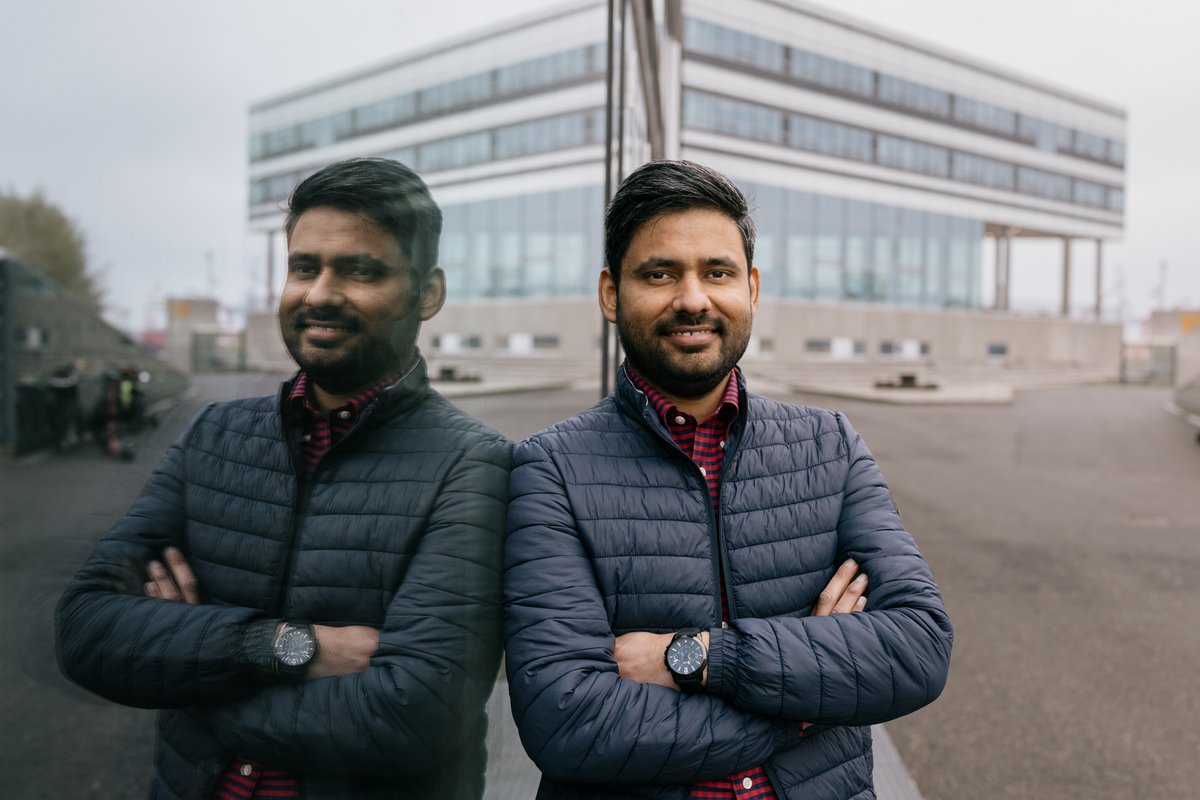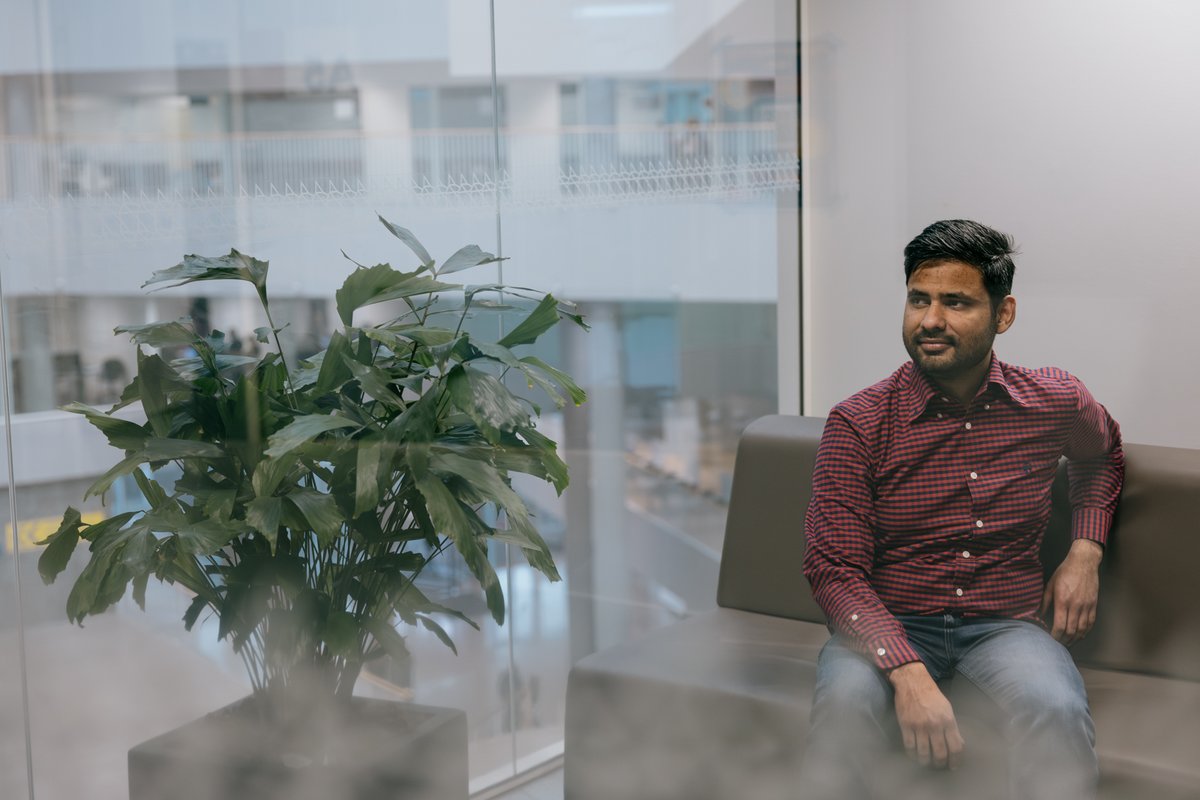
In 2011, I graduated with a Bachelor of Engineering in Civil Engineering (2007 to 2011) from Punjab Engineering College in Chandigarh, India. Then I worked as a site engineer and assistant construction manager in the private and public sectors, respectively, in India for ten years. During that time, I was a part of mega construction projects involving a nuclear power plant and water supply infrastructures.
Throughout my career, I have always believed in carrying a growth mindset and have been open to different opportunities. As an engineer, possessing management skills is as important as having technical knowledge. After working for ten years, I felt that it was an appropriate time for me to pursue an MBA. Moreover, I am confident that after having two degrees from Denmark, I will turn out to be a more enlightened individual.
In 2021, I learned about the Indo-Danish Green Strategic Partnership and was intrigued by Denmark's contribution towards science and engineering knowledge-sharing platforms with India. Specifically, I was fascinated by the technical prowess of Denmark's educational institutions and companies in renewable energy, smart cities, water supply, etc. I believe these domains hold significant learning opportunities in civil engineering.
AU is ranked highly among the best research universities in the world. And the fact that the majority of the faculty members are active researchers made me believe that the learnings at AU would be very exciting and insightful.
At Aarhus University, the courses align with the construction industry's current demands. The research articles and academic journals are integral to the course contents as the teachings are not confined to theory-based textbooks. Education at AU has profound practical importance. Another valuable part of my degree is how the exams are conducted. The sole purpose of the exam questions and the assignments is to test students' understanding of the concepts and not just to put them under exam stress!
On the other hand, I won't call it challenging, but an opportunity for me to keep abreast of the industry's current requirements, such as the software, which is part of many courses. Initially, I was sceptical, but hands-on training during lectures and professors giving individual attention to all the students made things easier for me. It gives me immense satisfaction that I was able to learn many software-oriented problem-solving skills.
Currently, I am working as a student assistant at Siemens Gamesa Renewable Energy. The organisation is at the forefront of offshore turbine installation not only in Europe but across the globe. It is great that this student job is perfectly aligned with my studies. My tasks are centred around Lean Construction, one of the core subjects of my study line and my most-liked subject.
Reading books and following current affairs are some of my hobbies. Moreover, I am a travel enthusiast and enjoy visiting new places. During my time in Denmark, I have visited three countries in the EU, and I am planning to see other “Schengen countries” as well. At the same time, I absolutely love spending time with my family.
My wife currently works at Aarhus University - Campus Viborg in Foulum. Viborg is a smaller city in comparison to Aarhus but it's still a beautiful place to live. It lacks the vibrancy of Aarhus but has lots of greenery and nature sites nearby. Every day, I wake up to the panoramic view of this amazing lake from my apartment. Like every other place in Denmark, the locals are extremely warm, kind, and helpful.
Denmark is one of the best places to raise children. The country boasts of state-of-the-art healthcare infrastructure that functions quite efficiently and proactively. The process of getting appointments, health checkups or blood sampling is digitally streamlined. Expecting mothers are regularly monitored by the doctors and midwives, and this is all free of cost. In addition, 24 weeks of paid maternity/paternity leave is allowed to each of the employed parents, which is valuable.
Denmark is a great country to live a happy life in. I will definitely look to find a job here as there are ample opportunities for construction managers in the country. I will also start taking language classes, which will allow me to assimilate better in Danish society. Let's see how the future unfolds!
